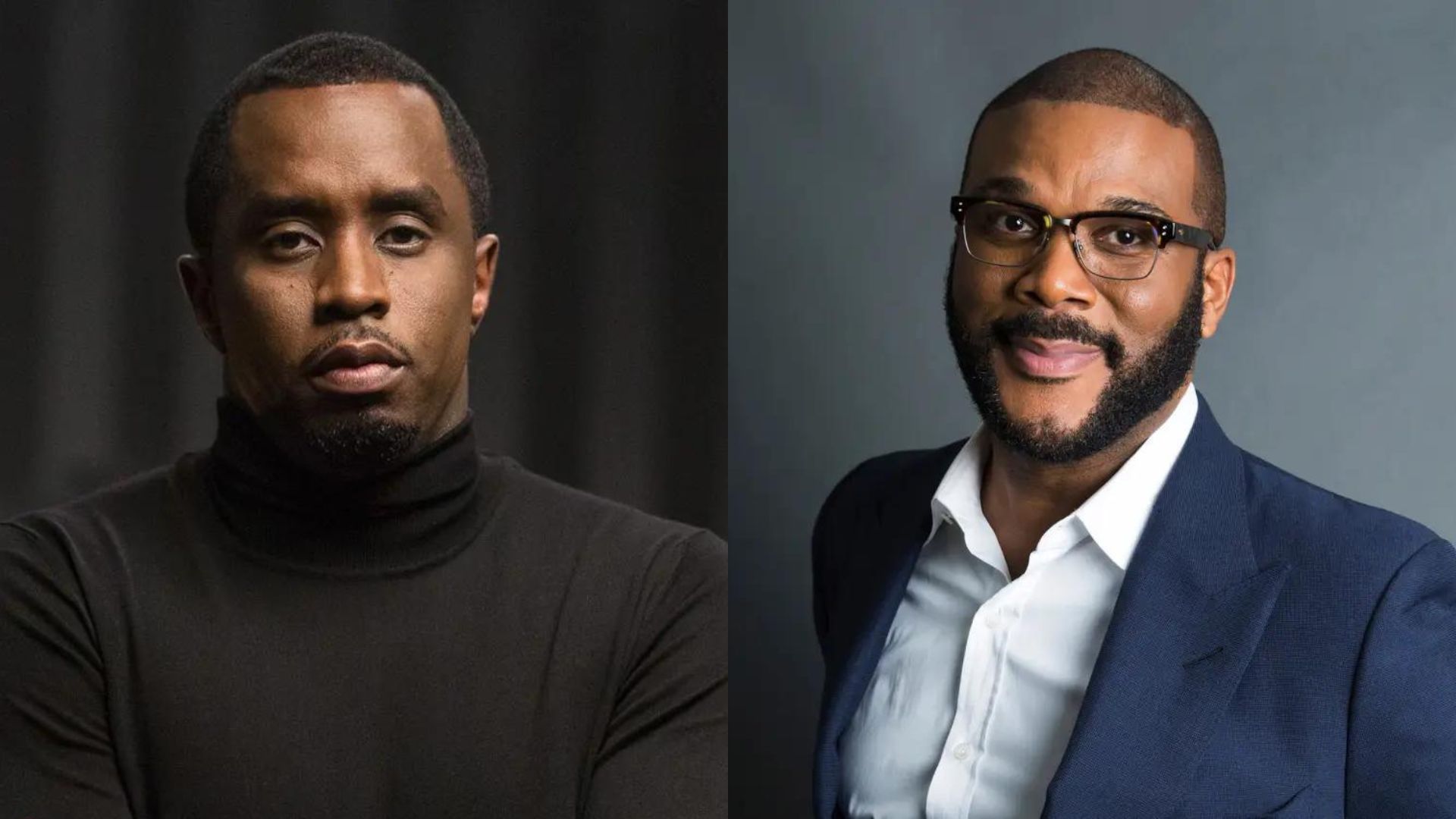Tyler Perry has long been a figure of fascination and critique in Hollywood, especially when it comes to his influence in the Black community and entertainment industry. Over the years, Perry has built a media empire from scratch, with a focus on producing content for Black audiences, creating successful series, and bringing unique character-driven storytelling to the forefront. However, critiques regarding his influence, casting practices, and relationship with other prominent Black entertainers have sparked numerous debates. These controversies spotlight ongoing tensions in the entertainment industry regarding power, representation, and artistic responsibility.
One recurring criticism is Perry’s casting choices and storytelling style. Some commentators argue that his shows and films are often formulaic and predictable, sacrificing depth for consistency.

For instance, his characters often lack complexity, and his storylines appear to follow familiar paths, which some believe limit the range of representation for Black actors and actresses. Additionally, critics have noted that Perry’s productions can sometimes perpetuate stereotypes about the Black community rather than showcasing the diversity and richness within it. For example, Cat Williams, a comedian known for his candid critiques of Hollywood, has been particularly vocal, accusing Perry of creating “cookie-cutter” roles that prioritize simplicity over authentic, multi-layered characters.
The allegation that Perry’s productions pay actors low wages is also a point of contention. It has been reported that Perry often hires actors with minimal experience, allegedly offering compensation that some consider unfair, particularly given the revenue his productions generate. This critique isn’t limited to Perry; it’s a broader industry issue that disproportionately impacts actors of color, who may feel pressured to accept roles at any cost to gain visibility. By doing so, Perry’s critics argue, he misses an opportunity to uplift the Black community by fostering fair work environments and advocating for better pay within his productions.
Perry’s connection to other prominent Black figures like Oprah Winfrey has also been a matter of public debate. Both have faced criticism for their perceived approach toward Black representation. Mo’Nique, a celebrated comedian and actress, has openly criticized Perry and Winfrey, accusing them of undermining her career after she refused to promote the film *Precious* without additional compensation. Mo’Nique alleges that Perry and Winfrey played a role in her being “blacklisted” from Hollywood, leading to limited opportunities despite her talents and Oscar-winning performance. Mo’Nique’s claims highlight the power dynamics at play within Hollywood, where refusal to cooperate with influential figures can, according to her, lead to professional repercussions.
As Perry’s career has evolved, he has consistently received backlash for allegedly creating an environment where actors feel compelled to compromise their dignity to meet his vision. Jaguar Wright, another figure outspoken about Hollywood’s underbelly, has accused Perry of leveraging his influence in questionable ways.

According to Wright, Perry portrays a “black saint” image while allegedly being involved in questionable activities behind the scenes, similar to what she attributes to other industry elites. This criticism reflects a belief among some that Perry uses his productions to fulfill personal interests rather than focusing on uplifting the Black community in an empowering way.
Recently, Perry’s name surfaced in a series of allegations involving Sean “Diddy” Combs, also known as a prominent entertainment mogul under scrutiny. Combs has faced legal battles over alleged misconduct, including accusations of exploitation and abuse connected to his parties and personal relationships. During one court proceeding, it was reported that Diddy implicated Perry, potentially hinting at hidden connections among Hollywood elites. Although Perry has consistently maintained a calm public demeanor, he reportedly lost his composure in court, reacting vehemently to the allegations and calling them defamatory. This incident has only added fuel to the speculation surrounding Perry’s involvement with Hollywood’s darker side and the extent of his associations with controversial figures like Diddy.
Beyond individual critiques, the controversy surrounding Perry and Winfrey speaks to a larger issue in Hollywood: the power held by a few prominent Black figures and the expectation that they will act in the best interests of the broader Black community. Figures like Cat Williams, Mo’Nique, and Wright argue that Perry and Winfrey use their positions for personal gain rather than to foster real opportunities for Black actors. While Perry’s contributions to Black entertainment are undeniable, his critics feel that he has yet to fully utilize his influence to challenge systemic inequities within Hollywood and that his actions sometimes undermine the very community he claims to represent.
These criticisms of Tyler Perry point to a complex legacy. While Perry’s success in creating a self-made empire and his contributions to Black storytelling are notable, his approach continues to spark conversations about responsibility, representation, and artistic integrity.